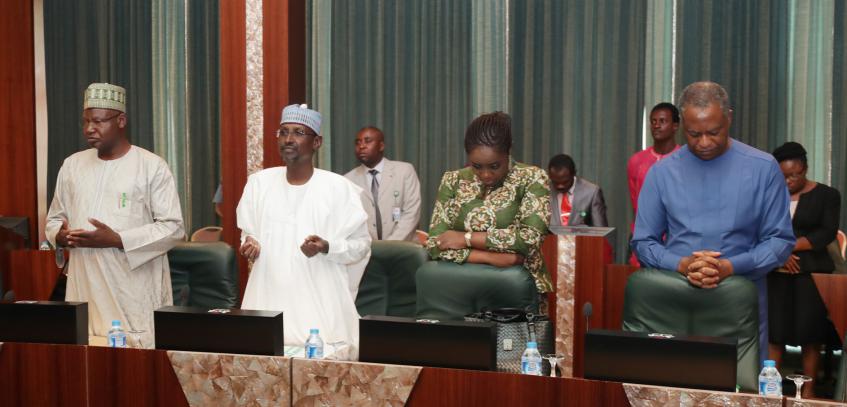The Kusi Ideas Festival in the Rwandan Capital, Kigali last week themed ‘The next 60 years in Africa’ has helped put into perspective a body of ideas that will help Africa make the outcome of the next 60 years as glorious as it can possibly be.
With nearly five billion people in the African continent by then to feed, agriculture will be at the heart of the continent’s journey towards inclusive economic growth. What ideas will ensure we have the capacity to produce food and improved access not just to farm inputs but to the necessary infrastructure to feed the increased population and ensure the free flow of the surplus?
Primarily, it is empirically accepted that long-term rapid population growth impedes the growth of incomes and explains in part the failure of much of rural Africa to converge with competitors. A declining rate of rural population growth that would allow higher rural incomes per capita is vital for Sub-Saharan Africa in the next century. Achieving such a decline requires better access to family planning services and assuring that women have equal access to health, education and labour market opportunities.
Promoting irrigation will be fundamental depending on national and international policies. Three measures will be particularly important at the national level; the first is to reduce the costs of irrigation development across all sectors. Many countries continue to tax irrigation equipment, for example, which contributes to the high cost of water control on small operations.
The second is to extend modern energy supplies, especially off-grid energy and renewables so that the variable costs of lifting water become cheaper. The third is to promote competition in irrigation investment, just as in the transport industry, so that builders are less able to extract rent on water control investments.
African states must improve secure and equitable access to land. The main step to improving access to land is to begin in earnest the process of land titling in areas of high export potential.
Because those farms bear the highest risks for investment and recurrent finance, whether operated by Africans or foreigners, they have the greatest needs for protection against expropriation and unexpected claimants. Notably, improving access to land for some users may damage the claims of smallholders whom, because of policy bias against them, may lose land or water rights to large operators who have been granted preferential access in the mistaken belief that they are inherently more productive.
Transformation along the shifting agricultural paths to 2079 will also require greater regional cooperation.
Such cooperation must include water use for hydropower, flood control and irrigation, collaboration on management of trans-boundary biodiversity, which is urgently needed to protect wildlife. Joint work on the international effects of climate change, especially for disease control, water management and flood control and regulation of integrated African financial markets as the latter become a much larger share of operational funding for all scales and types of farms.
Ensuring better access to world markets will require cost reductions for regional trade within Africa and for global trade with African partners to thrive. Lower trade costs will derive from higher investment in infrastructure, including rehabilitation of the old rail network and construction of new ones, and in private trading services as clearly expounded by Africa’s High Representative on Infrastructure during his presentation at the conference in Rwanda earlier this week.
Associated with this new investment must be faster logistics—a higher turnover from each infrastructure site at a given level of investment—which will generally occur under pressure from domestic producers who benefit from cheaper trade. Beyond investments in infrastructure and better incentive policies, African states must do more to improve their access to markets through trade agreements, starting with regional trade in Africa.
Accelerating technical change will tremendously increase agricultural output. The transformation of African agriculture will only be realised if African scientific institutions, public and private, contribute scientifically to global technology generation and if African states, organised by sub-regions, invest in the necessary science to accelerate technical change.
Accelerating technical change in African farming faces four broad issues—adapting external innovations; generating innovations and promoting change on small and dispersed farms; making good use of biotechnology, and responding to emerging problems in health and in minor crops.
Climate change is expected to adversely affect the output of many African farm commodities via its effect on yields and on areas suitable for production. Adapting to climate change will, therefore, be key.
Water will become scarcer in some areas and there will be more floods in others. The risks of more human and animal diseases related to greater vector spread are also likely to increase. All of these factors—potentially lower yields, larger and more frequent storms, graver health risks, higher price variability—call for policy adaptations for which many African countries are unprepared. The main adaptation to such projected impacts will be to invest in insurance.








